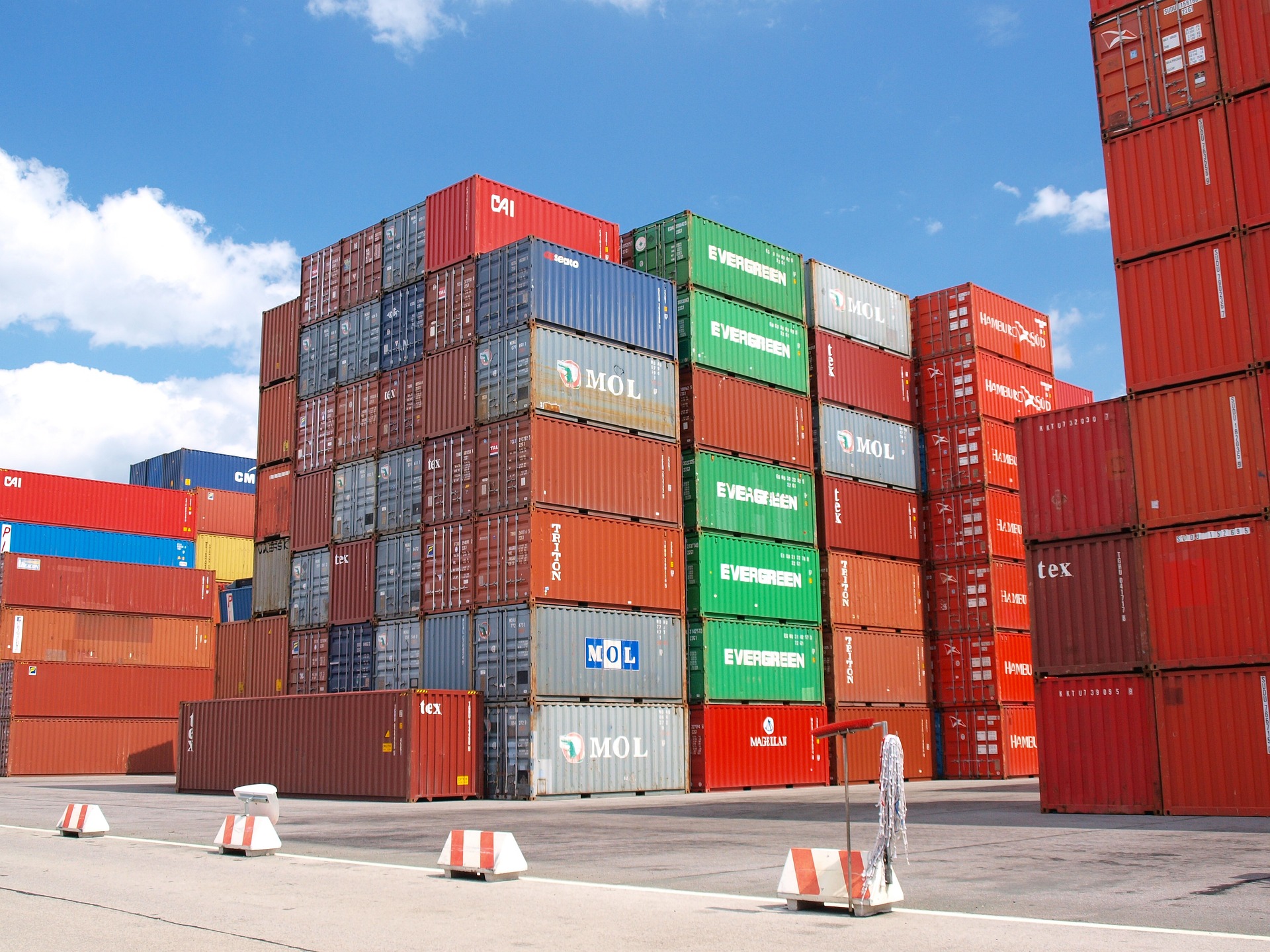5 Key Factors to Consider Before Expanding Your Business Internationally in 2024
- 18 Oct 2024
- Articles
If you’re thinking about expanding your business internationally, you may be both excited and daunted by the adventure that lies ahead. Although many companies are well-established in their home markets, when they make the jump to global expansion they often find a new set of challenges that can threaten the longevity of their business. In this article, we’ll go over five important factors you need to consider before taking your business global in the modern day.
![]()

Photo by Artem Podrez
Perform thorough target market analysis
Before you make the leap into international waters, it’s important that you know who you're actually selling to. This means you need to perform thorough research and analysis into the demographics of your new client base. You should look at things like how old they are, what they like to buy, and how much money they've got to spend. It's not all about the numbers, however, as you also need to understand differences in how people from other cultures think and what does or doesn’t appeal to them. Performing this research can save you from making costly mistakes that hurt your long-term business expansion.
Instead of just relying on what you read online or in official reports, you should try to visit and immerse yourself in the countries you're thinking of expanding to. There's nothing like seeing a new place with your own eyes and chatting with locals to get a better understanding of how they think and feel. You might discover that what works well in your home market fails miserably somewhere else. This hands-on approach to research and analysis can give you insights that are very difficult to find in online literature or business presentations.
Consider international financial infrastructures
Before you can expand your company internationally, you need to think about how you'll handle your company’s finances in different countries. This process is likely to be more complicated than just opening a few bank accounts, as you will have to deal in different currencies, figure out complicated international taxes, and set up a robust and secure payment solutions system. You'll need to perform research into how the banking system works in your target countries, as it may differ vastly from what you’re used to in the UK. You will need to set up a system for both holding cash and performing cross-border transactions on a daily basis. You may want to consider a business account from Airwallex to help simplify your company’s finances.
Another idea is to research banks that have offices both in the UK and the countries you’re interested in expanding to. This can make life a lot easier when you're trying to move money around or set up new accounts. You'll also need to keep a close eye on international exchange rates, which can be highly volatile depending on the market you are hoping to enter.
Set up a logistics and supply chain management system
If you're taking your business global, you will need to rethink how you move and store your inventory/goods. This may involve setting up costly new warehouses, finding trustworthy suppliers in your target countries, or performing research into reliable international shipping and delivery companies like DHL. You’ll need to ensure that you can deliver goods to your new customers in a timely and cost-effective manner while keeping the amount of fees and customs to a minimum.
You should also perform thorough research into the condition of roads, ports, and other methods of transport in your target country. This will help you determine how long it might take a delivery truck to reach its destination or how long it will take your goods to clear customs. These may seem like minor details, but they can make or break the viability and success of your international business. For example, if you promise next-day delivery to your customers only to find out that packages take a week just to get through customs, you risk upsetting customers and reducing customer satisfaction. This can also hurt your long-term sales volume.

![]() Photo by Alexander Isreb
Photo by Alexander Isreb
Invest in local talent
You should not underestimate the importance of securing the right talent when expanding your business internationally. You may want to consider hiring local professionals from Upwork who possess a deeper understanding of their market and can provide valuable insights into your customer base and business plans or strategies. This can not only help you avoid potential pitfalls, but also improve your brand's reputation internationally as you will be better able to build international connections.
In order to attract the best talent, you will need to offer competitive salaries and benefits tailored specifically to the market you are targeting. You should work on creating a welcoming work environment and increasing employee morale and satisfaction. You may also want to consider providing flexibility around working hours and opportunities for staff to further their professional development.
There are likely to be difficulties when trying to manage multiple teams across various time zones. You should set up effective communication systems like video calls to ensure that all team members feel comfortable talking to and sharing ideas with each other, even if they’ve never met. This can help improve team spirit and also encourage innovation and creativity within your business.
Assess and manage risks to your company
It is also important for you to make a plan for identifying the multitude of risks that could potentially hurt your business. These risks can include political instability, economic fluctuations, and changes in international rules and regulations. As an example, a sudden shift in government policy may affect whether or not you are allowed to operate in your target market.
It's essential for you to conduct a thorough risk assessment for each separate target market. This could involve reaching out to local experts who can provide insights into the kinds of challenges businesses like yours typically face. You should use this information to build a robust risk management plan that clearly outlines how you will respond to potential issues. This plan should include details of emergency backups, such as an alternative supplier or an exit strategy out of a market, to ensure your business can adapt to circumstances and expect the unexpected.
You should also make sure you continue to regularly monitor the risks associated with your target market. Circumstances can change quickly, and what was true yesterday may not be true tomorrow so staying informed will help you adjust your plans as and when needed. In a similar vein, make sure you keep reviewing your risk management plan and making necessary updates to keep your business protected. By creating a system to recognise and manage these risks early on, you can make your company safer and limit the amount of uncertainty faced in your day-to-day operations.
If you invest the necessary time and energy into researching these factors and making a plan for how best to deal with them, you can give your business the best chance of success on the global stage. By being proactive, you can not only anticipate potential challenges but also actively seek out opportunities for growth and improvement. This will help you take advantage of new market trends, optimise your business processes, and adapt quickly and confidently to changing circumstances.








